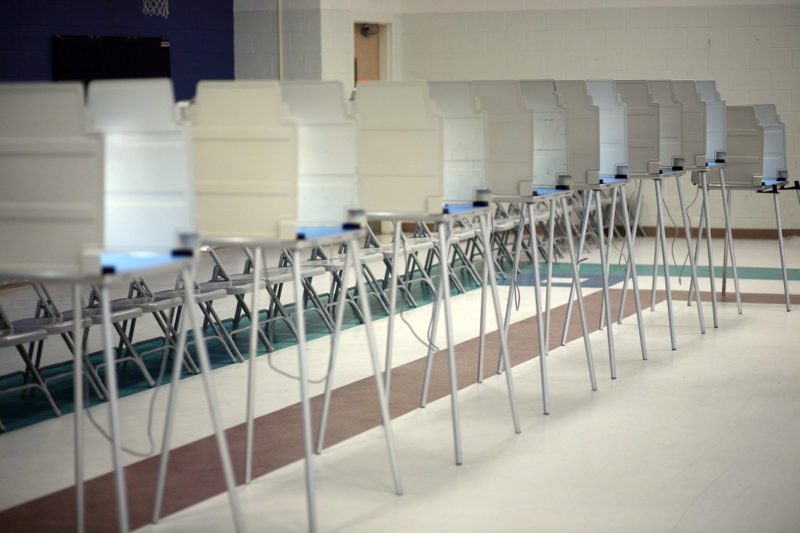Wisconsin Can’t Enforce GOP’s Voter ID Law in November
Republican lawmakers in other states, like Ohio, have turned up almost nothing during lengthy investigations into claims of voter fraud.

A federal judge in Wisconsin on Tuesday ruled that voters unable to comply with the state’s photo ID requirement be allowed to vote in November, striking a blow to conservative efforts to drive down Democratic voter turnout in the state.
Tuesday’s decision, issued by Judge Lynn Adelman, did not strike the law, but instead carved out an exception, ruling that voters who are unable to obtain an ID be permitted to sign an affidavit testifying to that inability and receive a ballot to vote. “Any voter who completes and submits an affidavit shall receive a regular ballot, even if that voter does not show acceptable photo identification,” according to Adelman’s decision. “No person may challenge the sufficiency of the reason given by the voter for failing to obtain ID.”
Conservatives in Wisconsin, including former Republican Party presidential candidate Gov. Scott Walker, proposed the measure, arguing it was necessary to prevent voter fraud.
Republican lawmakers in other states, like Ohio, have turned up almost nothing during lengthy investigations into claims of voter fraud.
“Although most voters in Wisconsin either possess qualifying ID or can easily obtain one, a safety net is needed for those voters who can’t obtain qualifying ID with reasonable effort,” Adelman wrote. “The … affidavit option is a sensible approach that will both prevent the disenfranchisement of some voters during the pendency of this litigation and preserve Wisconsin’s interests in protecting the integrity of its elections.”
Adelman declined to apply the photo ID exception to the state’s August primary, ruling state officials would not have enough time to prepare for it.
The fight over Wisconsin’s voter ID law goes back to 2011, when attorneys from the American Civil Liberties Union and National Law Center on Homelessness and Poverty sued, arguing the law violated both the U.S. Constitution and Section 2 of the Voting Rights Act.
Adelman initially blocked the law, but the Seventh Circuit Court of Appeals reversed that decision and sent the case back to Adelman for another look. That left the requirement in place for Wisconsin’s presidential primary in April.
Tuesday’s ruling means those who were unable to comply with the photo ID requirement can still cast a ballot in the November 8 presidential election.
